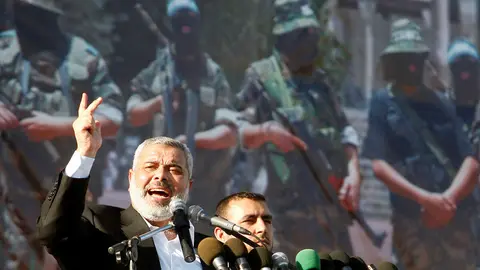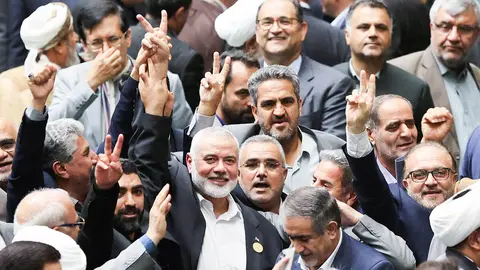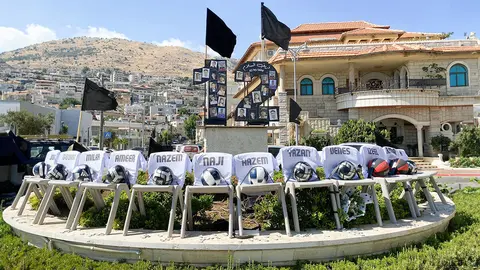Who will lead Hamas after Haniyeh's death?
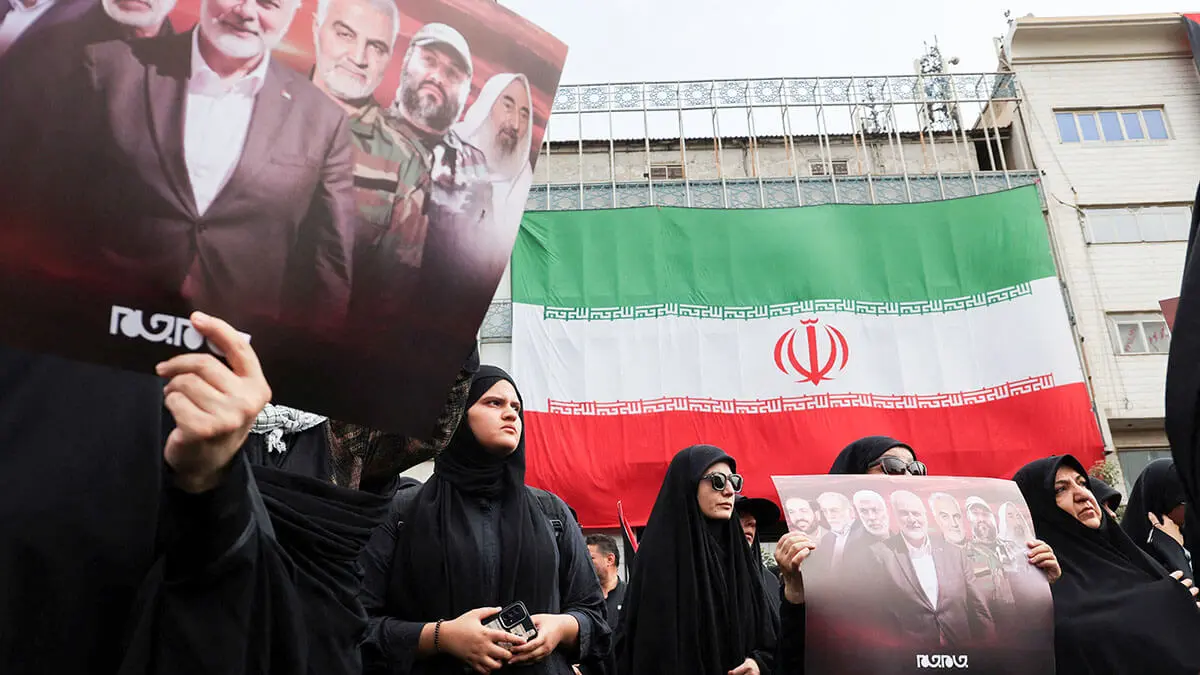
Following the assassination of Ismail Haniyeh in Tehran, several figures have emerged as possible candidates to lead Hamas. In theory, Haniyeh's replacement should have been Saleh Arouri, deputy head of the terrorist group in the West Bank, but he was eliminated last January in an Israeli air strike in Beirut.
As a result, the Shura Council, the group's main consultative body, is expected to meet soon, probably after Haniyeh's funeral in Qatar, to appoint a new leader. Members of this council represent the group's regional branches in the Gaza Strip, the West Bank and abroad, as well as those imprisoned.
Khaled Meshaal, one of the group's veterans and a former leader, is a leading candidate to succeed Haniyeh, but others include Khalil al-Hayya, a senior Hamas official, and Zaher Jabarin, who is responsible for financial relations between Hamas and the Islamic Republic of Iran. Musa Abu Marzouk, who headed Hamas' political bureau from 1992 to 1996, is also among the potential figures to take over the leadership.
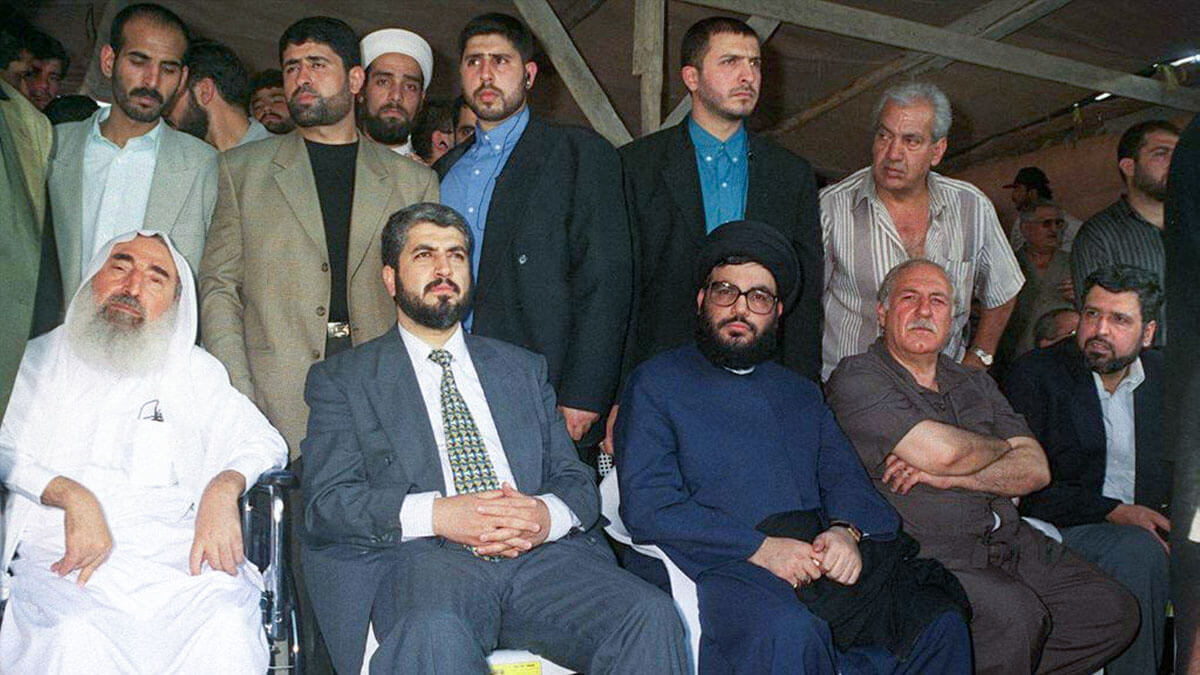
Hamas' new political leader will have to decide how to continue the fight against Israel, a war that is 300 days old, as well as the direction of its relations with regional countries.
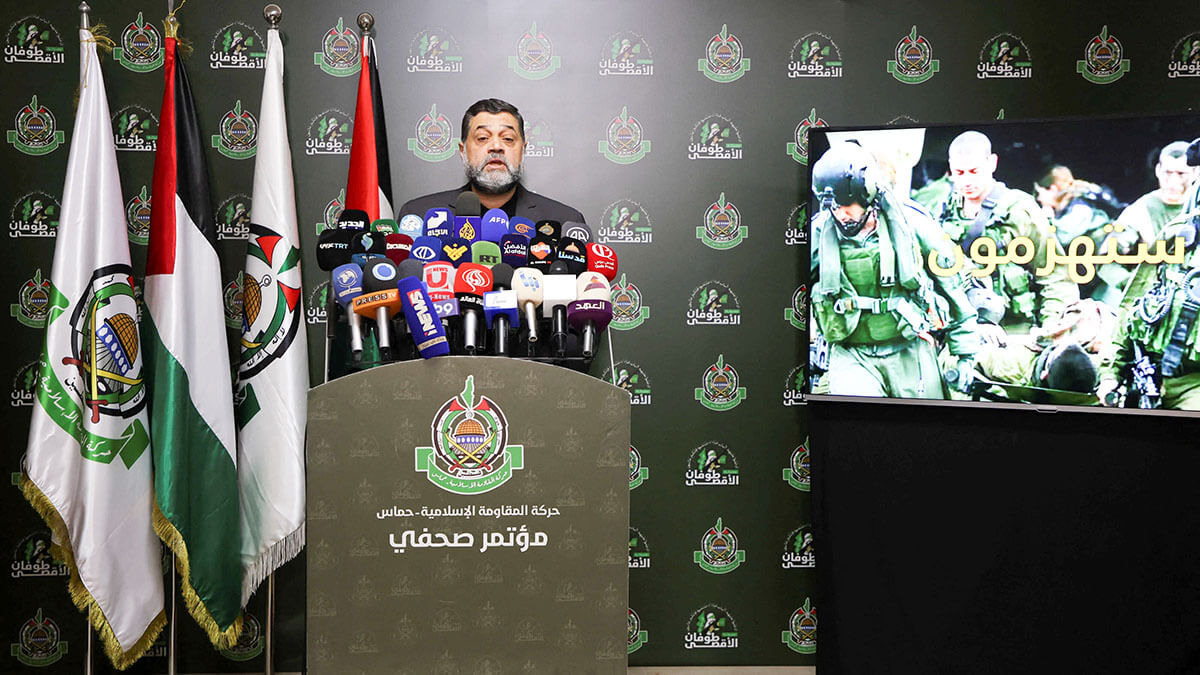
For example, Meshaal, considered less extremist than other Hamas members, distanced himself from Iran, Syria and Hezbollah during the Arab Spring, moving closer to other nations such as Turkey and Qatar.
Hamas distanced itself from the so-called Axis of Resistance led by Tehran because of its support for the opposition against Syrian President Bashar Assad during the beginning of the war. In recent years, however, the Palestinian group has strengthened its ties with the Iranian regime and reconciled with Damascus.

Indeed, Al-Hajjah was responsible for leading a delegation to Syria in 2022 to meet with Assad and consolidate this rapprochement. Al-Hajjah also maintains good relations with Iran, Turkey and Hezbollah.
Haniyeh joins other senior Hamas figures eliminated in recent months, such as Arouri, Marwan Issa, deputy head of Hamas's al-Qassam Brigades, and Mohammed Deif, the organisation's military chief.
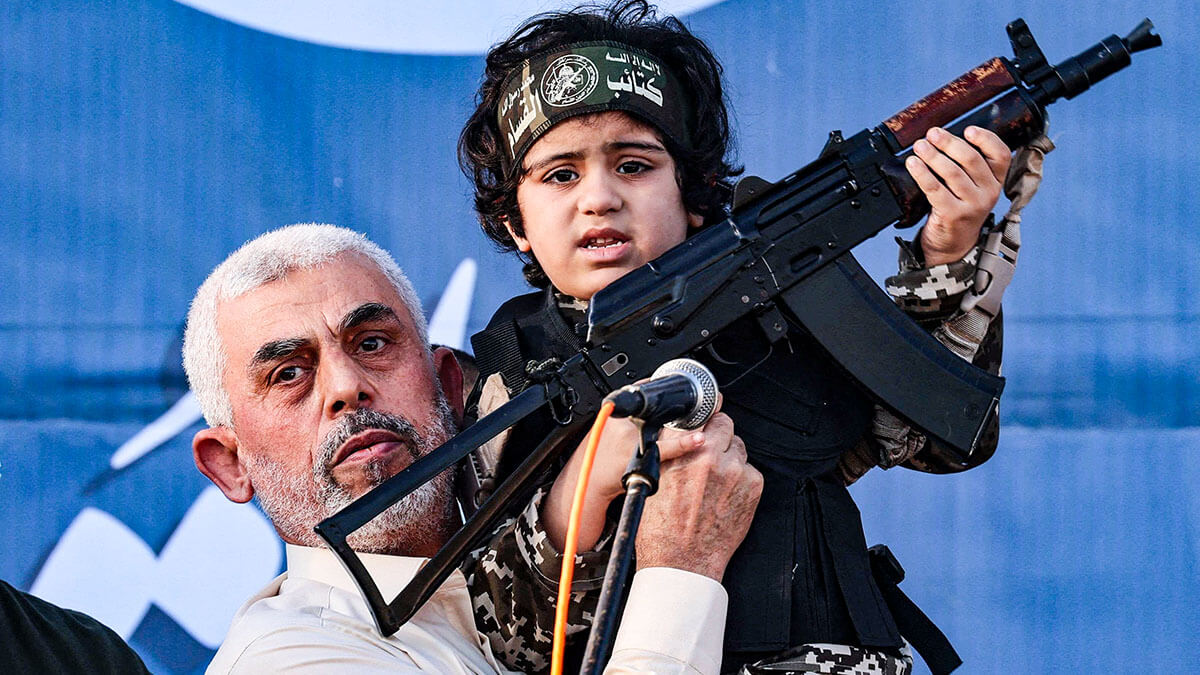
Haniyeh's assassination also coincides with the death of senior Hezbollah commander Fuad Shukr, who was responsible for an attack that killed 12 children in the Druze town of Majdal Shams in northern Israel.
Khamenei orders direct attack on Israel
These latest deaths have provoked the ire of the Axis of Resistance, which has already vowed a response against Israel. In fact, according to The New York Times, Iran's supreme leader, Ayatollah Ali Khamenei, has already ordered a direct attack on the Jewish state during an emergency meeting of Iran's Supreme National Security Council.
The assassination of Haniyeh, who travelled from Qatar to Tehran to attend the inauguration of Iran's new president, Masoud Pezeshkian, has exposed major security failures within the Iranian regime, which failed to intercept the missile that killed the Hamas leader.
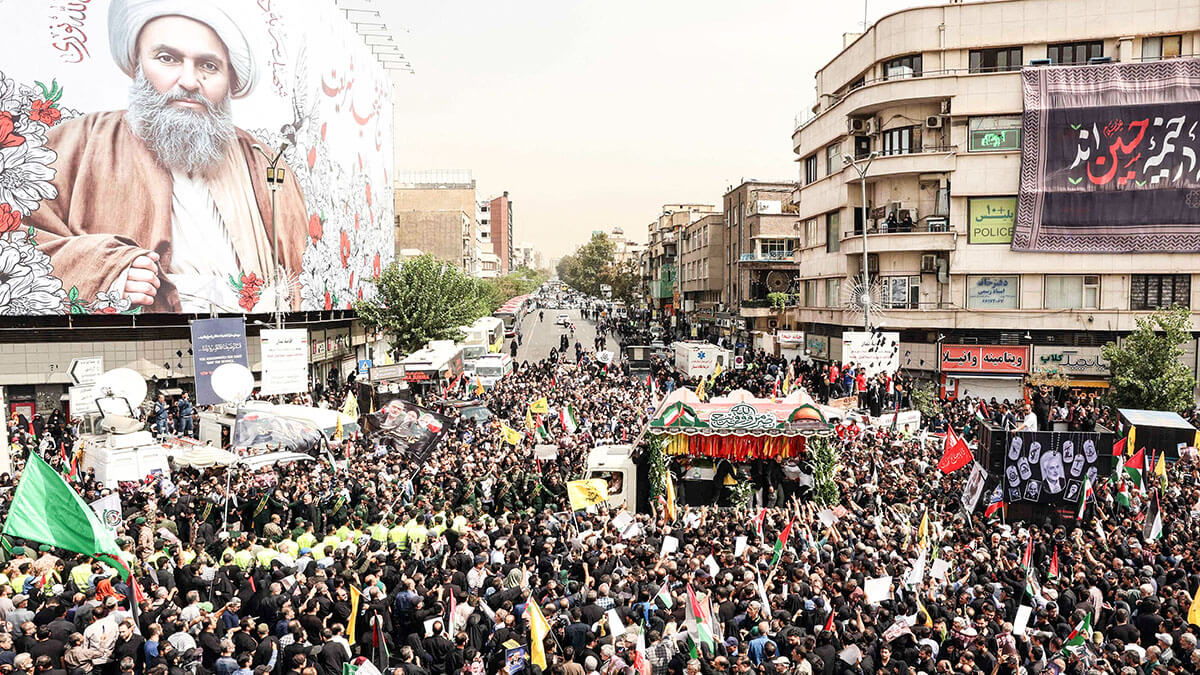
Possible scenarios in the coming days include a massive Iranian attack on Israel similar to the one launched last April. Tehran is also envisaged to strike through all its proxies: Hamas in Gaza, Hezbollah in Lebanon, the Houthis in Yemen and pro-Iranian militias in Syria and Iraq.
In his most recent speech, Israeli Prime Minister Benjamin Netanyahu acknowledged the likelihood that Israel will face ‘difficult days’, while also stressing that the country is ‘prepared for any scenario’.
Netanyahu warned that Israel ‘will pay a heavy price for any aggression from any quarter’, threatening a strong response to any hostile action against the country.
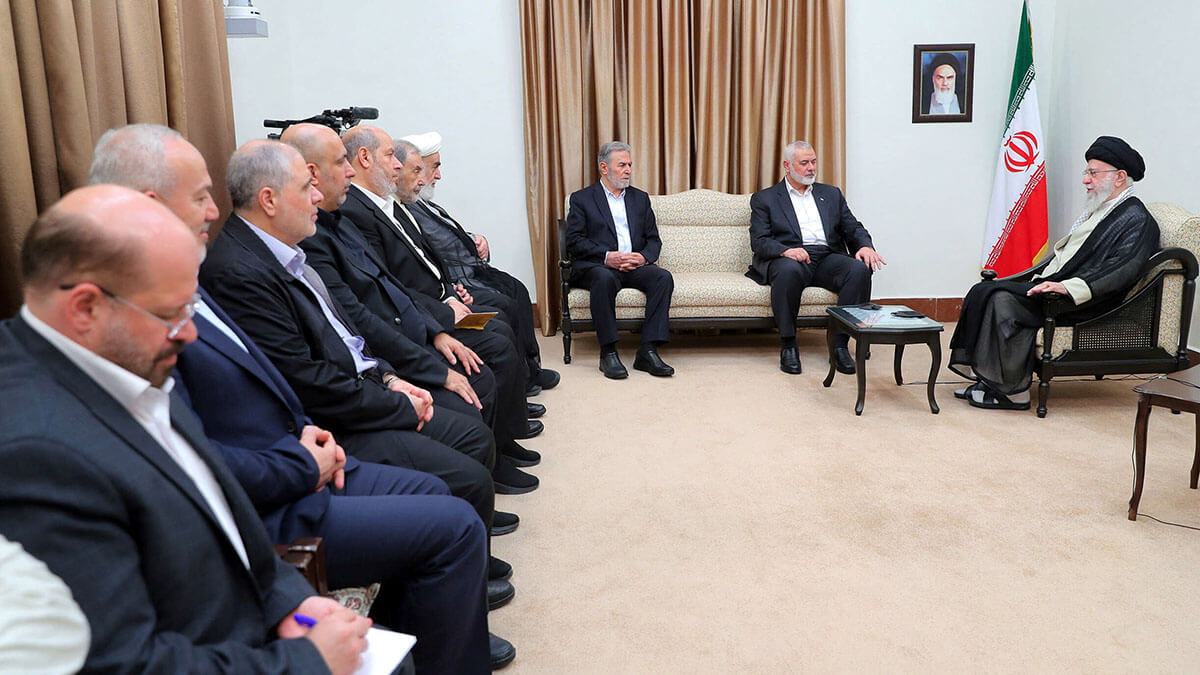
‘We will settle accounts with all those who massacre our citizens’
In his speech, Netanyahu also referred to Israel's recent military actions against various adversaries, although he did not mention the assassination of Haniyeh in Tehran. ‘In recent days we have dealt crushing blows to all our enemies: Hezbollah, Hamas and the Houthis,’ Netanyahu said, alluding to the deaths of Fuad Shukr and Mohammed Deif, as well as the Israeli air strike against the Houthi-controlled Yemeni port of Hodeidah.
‘In the attack we eliminated Nasrallah's second in command, responsible for the Majdal Shams attack and one of the most wanted terrorists in the world,’ he said, referring to Shukr, designated as a ‘global terrorist’ in September 2019 by the United States.
Prime Minister Benjamin Netanyahu:
— Prime Minister of Israel (@IsraeliPM) July 31, 2024
"Since the beginning of the war, I have made it clear that we are in a fight against Iran's axis of evil. This is an existential war against a stranglehold of terrorist armies and missiles that Iran would like to tighten around our neck. pic.twitter.com/p20chQJdnM
In addition to planning attacks against northern Israel - including Majdal Shams - the Hezbollah commander also played a central role in the 23 October 1983 bombing of the US Marine barracks in Beirut, in which 241 US servicemen were killed and 128 wounded.
‘We have settled accounts and we will settle accounts with all those who massacre our citizens,’ Netanyahu stressed, sending a message to all militias controlled by Iran's Islamic regime, which has already raised the red flag of revenge atop a major mosque in the holy city of Qom, as it did before the attack on Israel in April.

